Lithium-ion battery has become the key power source of many portable electronic devices, electric vehicles and so on due to its advantages of high energy density and long cycle life. However, QB/T 2502-2000 "General Specification for lithium-ion batteries" is an important standard to ensure the quality and safety of lithium-ion batteries.
QB/T 2502-2000 standard specifies the technical requirements, test methods, inspection rules, marks, packaging, transportation, storage and other aspects of single lithium ion batteries. 37. This series of regulations provide clear basis and guidance for the production, use and detection of lithium ion batteries.
In terms of technical requirements, this standardThe key parameters such as voltage, capacity and internal resistance of lithium ion battery are clearly defined. For example, the rated capacity is an important indicator to measure the battery performance. The standard strictly stipulates the capacity value that the battery should reach under specific conditions to ensure that the battery can provide sufficient power support for the equipment. At the same time, the size of internal resistance directly affects the charging and discharging efficiency and heating situation of the battery, and the standard also imposes strict restrictions on it to ensure the performance and safety of the battery.
The test method is an important part of this standard. 7. It covers a variety of test items such as high and low temperature discharge test, high and low temperature test, constant damp heat test, mechanical vibration test, mechanical collision test, temperature impact test, etc. 3. These test items aim to simulate the performance of the battery under different operating environments and conditions to test the reliability and stability of the battery. For example, high temperature test can test the safety and performance stability of the battery in high temperature environment; Low temperature test can verify the discharge capability of the battery in low temperature environment; mechanical vibration and collision test can simulate the mechanical impact that the battery may suffer during transportation and use, and check the structural strength and safety of the battery. 4.
in terms of inspection rules, the standard specifies the sampling method, inspection items and qualification criteria of batteries. This helps production enterprises and testing institutions to strictly control the quality of batteries and ensure that lithium ion batteries entering the market meet the standard requirements. For consumers, this is also an important basis to ensure their safety and rights.
In the marking, packaging, transportation and storage links, the standard also makes detailed provisions. Correct marks can provide users with accurate battery information and help users use and maintain the battery correctly; Proper packaging can protect the battery from damage during transportation and storage; reasonable transportation and storage conditions can prolong the service life of the battery. 3.
In general, QB/T 2502-2000 《 lithium ion battery general specification is an important standard in the lithium-ion battery industry. It is of great significance for improving the quality of lithium-ion batteries, ensuring the safety of users and promoting the healthy development of the lithium-ion battery industry. Whether it is a battery manufacturer, a testing organization or a consumer, it should beFully understand and understand the importance of this standard, and strictly follow the requirements of the standard for production, testing and use.  Dongguan Juneng New Energy Technology Co., Ltd.
Dongguan Juneng New Energy Technology Co., Ltd.
 137 5142 6524(Miss Gao)
137 5142 6524(Miss Gao)
 susiegao@power-ing.com
susiegao@power-ing.com
 Xinghuiyuan High tech Industrial Park, Dalang Town, Dongguan City, Guangdong Province
Xinghuiyuan High tech Industrial Park, Dalang Town, Dongguan City, Guangdong Province


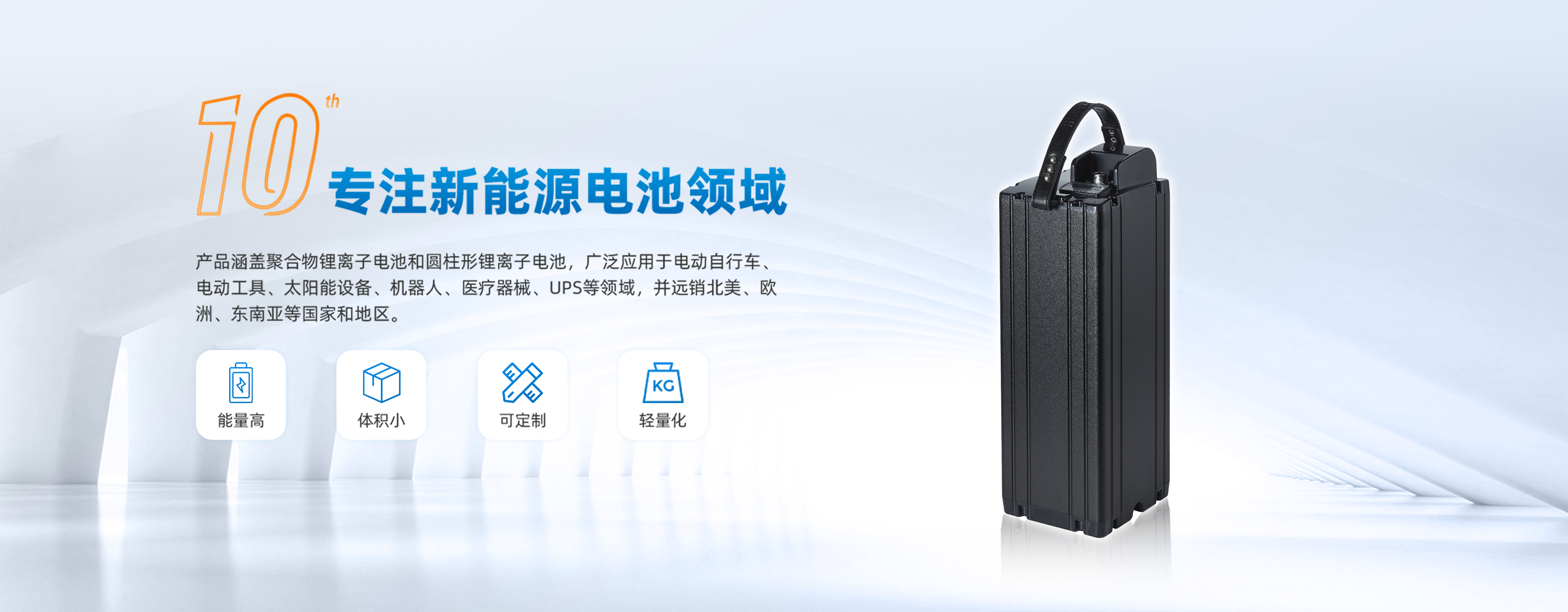
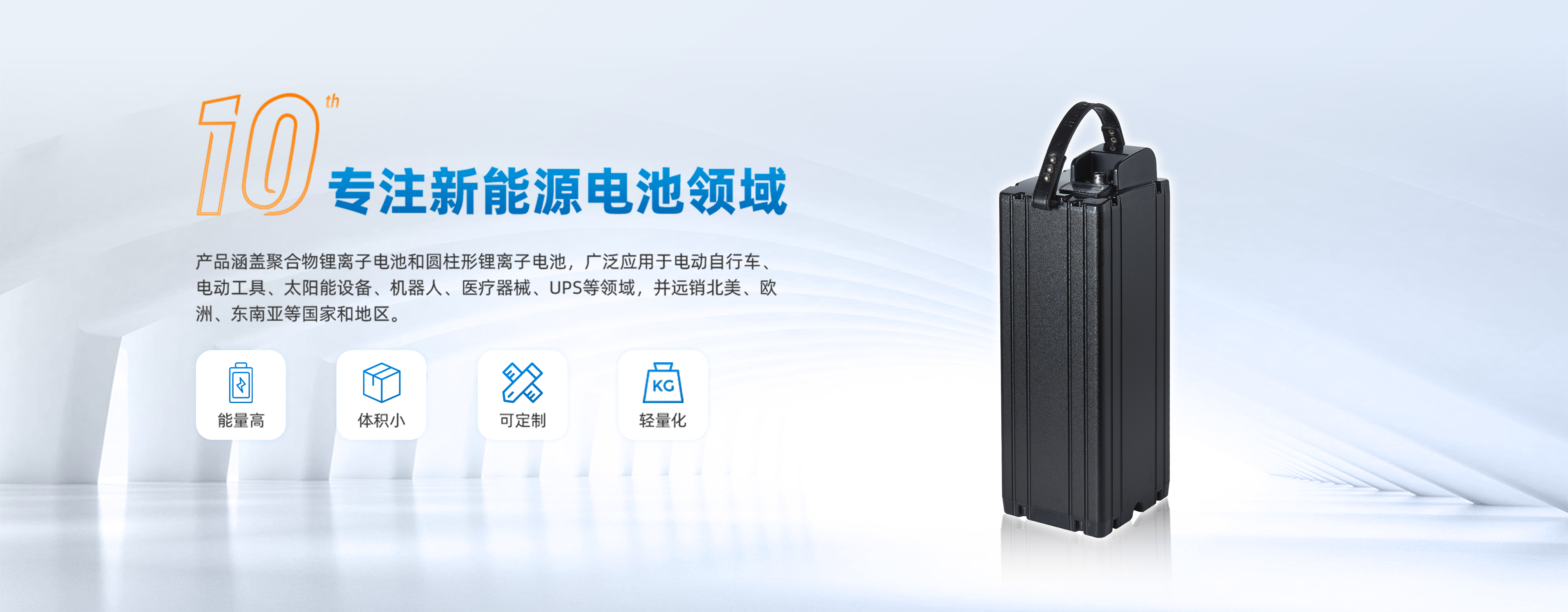
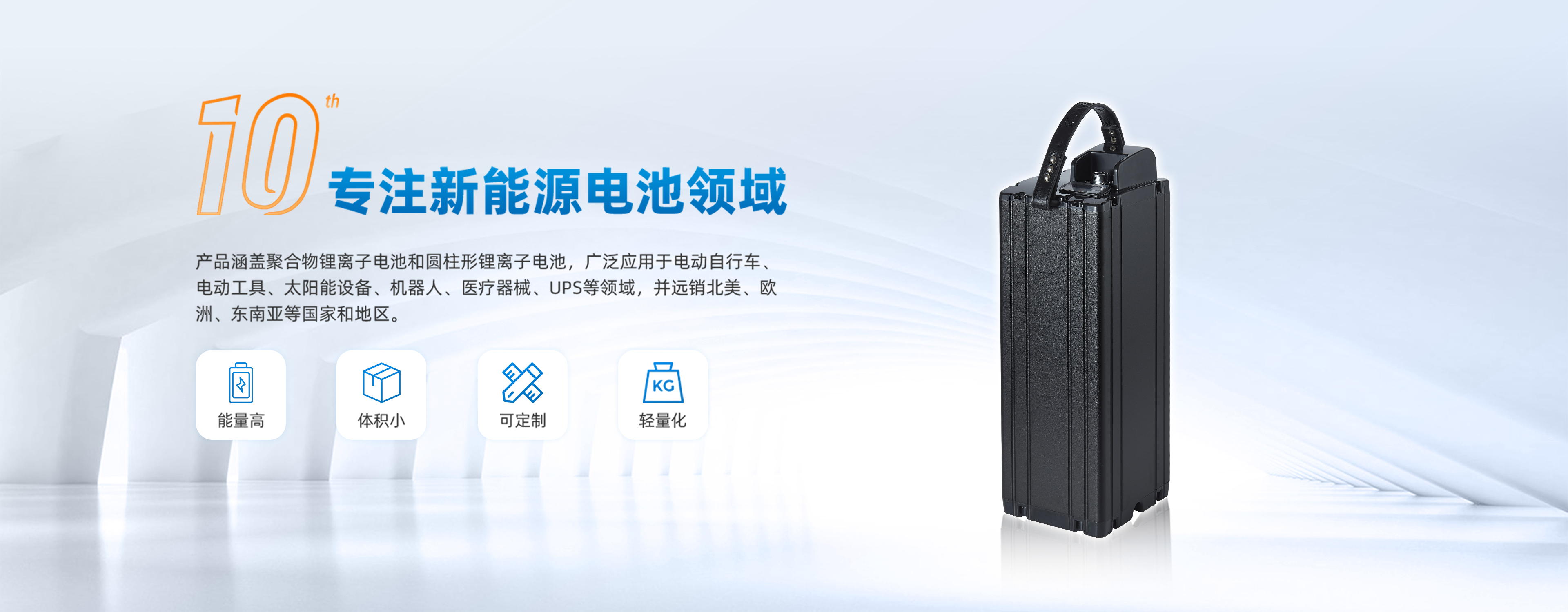



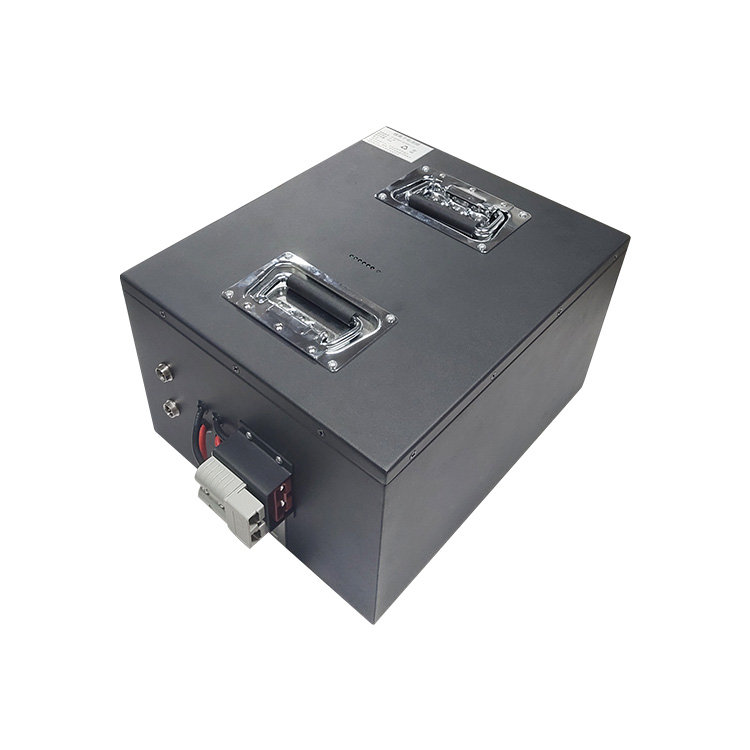


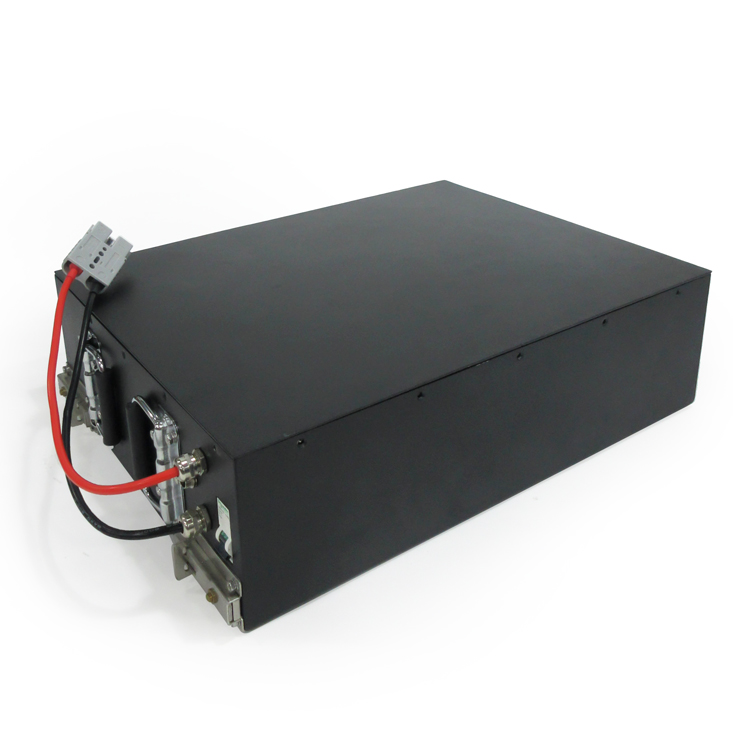

 Yue Gong Wang An Bei No. 4419002007491
Yue Gong Wang An Bei No. 4419002007491